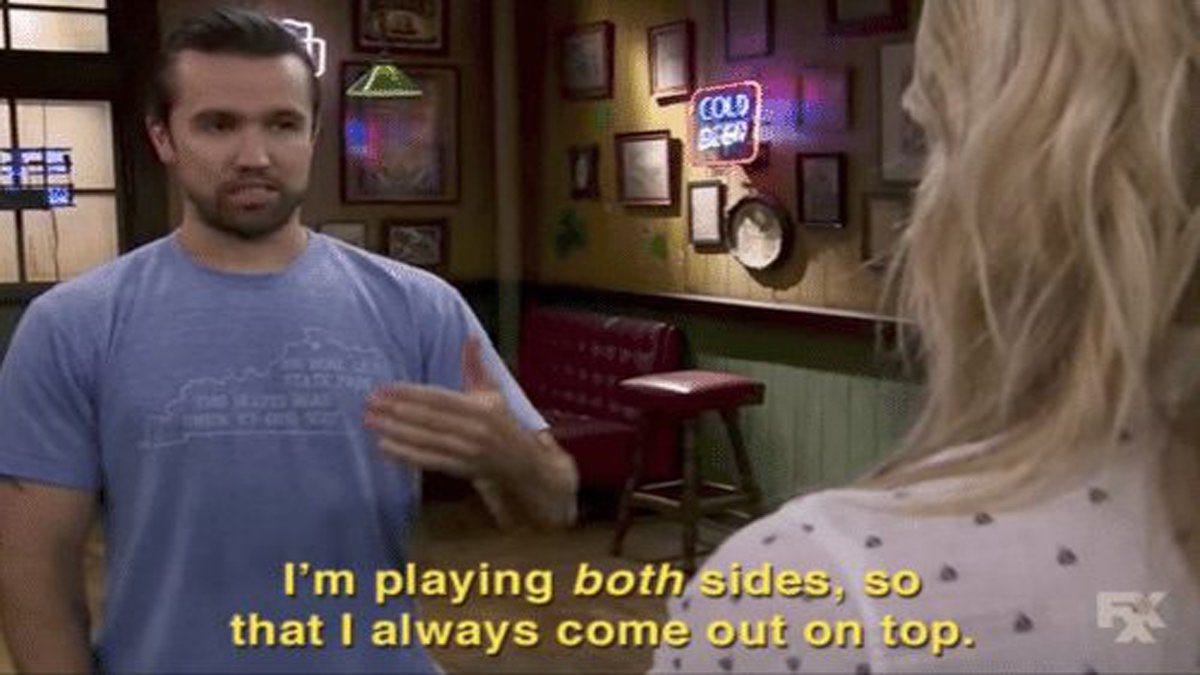Rebecca Rothfeld, writing for The Washington Post, has written an extraordinarily depressing take on “How coconuts and irony helped Democrats take back the meme wars.” Depressing mostly because it’s yet another symptom of a point I made yesterday: in lieu of a compelling substantive agenda, Democrats are having to fall back on superficial and unreliable…
Keep reading with a 7-day free trial
Subscribe to Carl Beijer to keep reading this post and get 7 days of free access to the full post archives.





